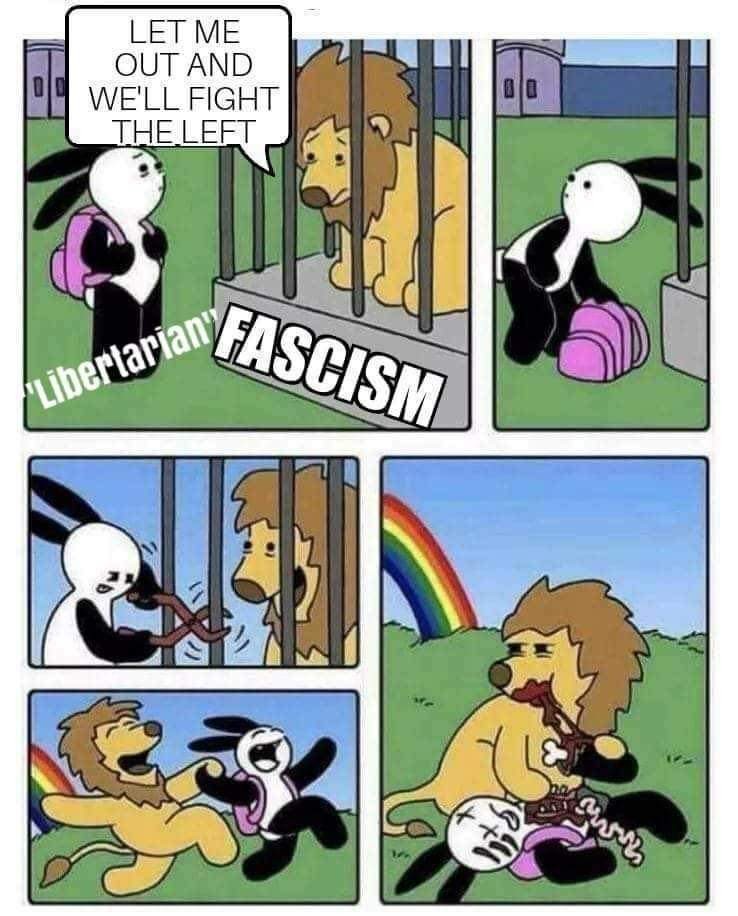“An important distinction is slowly being uncovered about the definition of the term “#Fediverse.” Who is it that gets to decide what this place is? How are we being represented?”
https://mastodon.social/deck/@fdrc_ff@www.foxyhole.io/112435833670527639
The lack of discussion about the nature of the space the #fediverse occupies raises questions about representation and identity within this #openweb “native” network.
- Ownership by Communities: The Fediverse offers a way to build the internet by and for communities, in contrast to centralized #dotcons social networks that push monetization over community well-being. By decentralizing governance, the Fediverse empowers people to take control of their online spaces and relationships.
- Audience and Adoption: The Fediverse is valuable for those who are hostile and disillusioned with monetized social networks and seek ways to connect with real change/challenge comunertys. While some are eager to explore alternatives, others face limitations or challenges in transitioning. Nonetheless, the slow growth of communities is essential for digging and building a strong “native” foundation for #openweb decentralized networking.
- Governance and Community: A key distinction in the Fediverse lies in its shared governance model, where people have a say in how their communities are shaped. This contrasts with centralized social networks, where governance decisions are made by a central authority that does not align in any meaningful way with community interests. People are drawn to the alt path for its emphasis on inclusivity and agency, allowing both individuals and social groups to express themselves without fear of censorship or out group coercion.
- Coexistence with Centralized Networks: The Fediverse does not require people to opt out of centralized social networks entirely. Instead, people can maintain connections on both networks while stepping away to decentralized networking. This allows people to become familiar with the #openweb culture and its advantages.
- Website Design and Accessibility: With the foundational #4opens principles, the focus shifts to website design that reflects these values. Accessibility, both in terms of physical access and cultural understanding, need to become prioritized to ensure that the platform is both inclusive and user-friendly, in sharp contrast to too much of the bad #UX history of existing #FOSS coding.
The Fediverse represents a shift towards community-driven, decentralized networking, offering an alternative to #dotcons. It prioritizes people’s and community agency, inclusivity, and accessibility, to create spaces to connect and express difference and similarity.
Let’s reboot the #openweb as a start, we can try calling this #web1.5

On the subject of activism, “don’t be a prat” is a good start.
#NGIFORUM
#NGIFORUM2025
#NGIFORUM25
#Fediforum
etc








